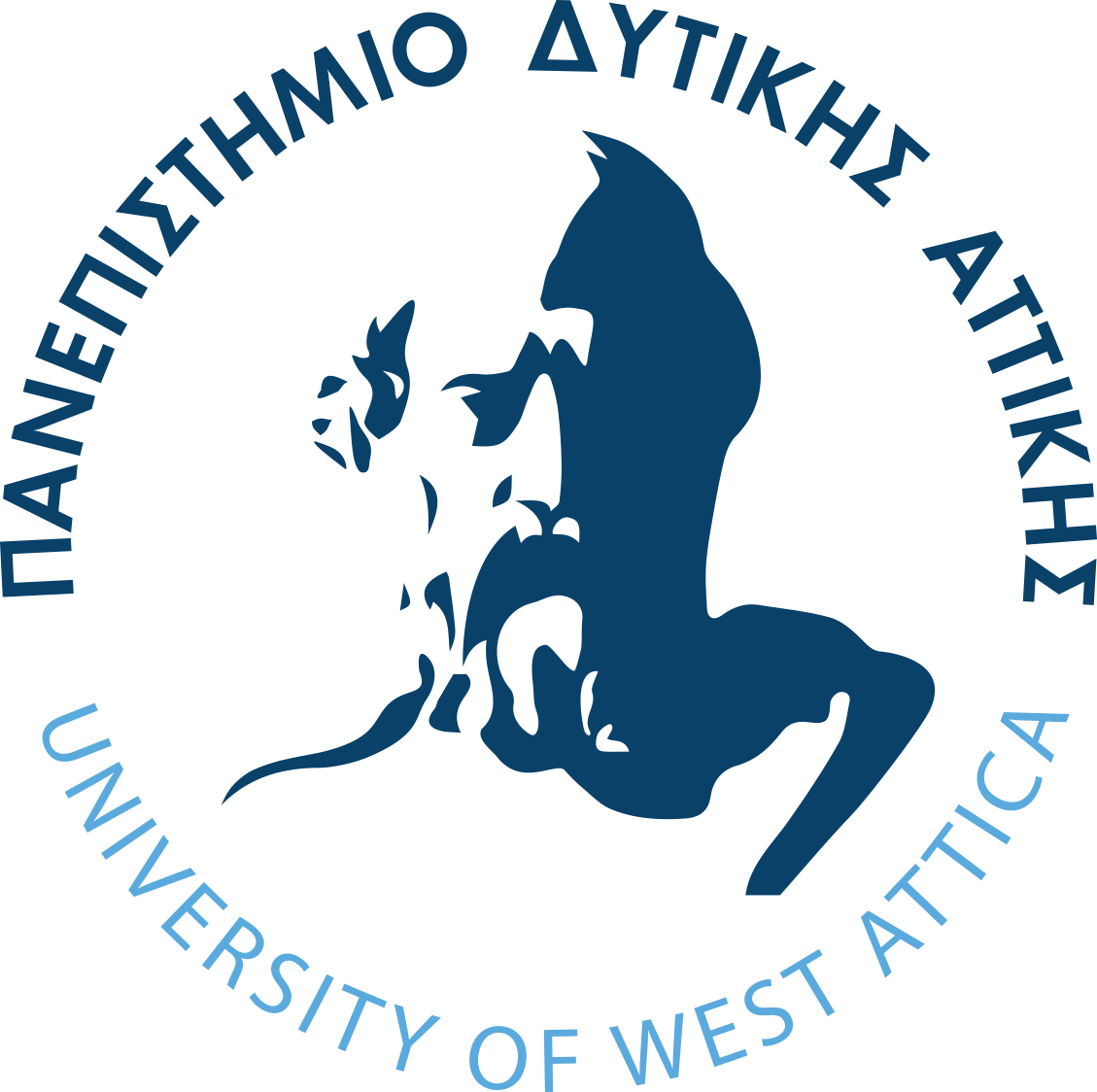The PhD thesis focuses on the optical fiber sensors of FBG (Fiber Bragg Grating) and LPFG (Long Period Fiber Grating) types. New techniques and methods of analysis and synthesis will be examined and applied on special types of inscription. Novel interrogation topologies and devices will be proposed and will be experimentally evaluated. Applications on the structural health monitoring using FBG sensors and the detection of green house gases through the LPFG sensors will be developed. Apart from the phase mask inscription technique, the fs-Laser method of inscription will be applied on both silica and polymer fibers.
Το αντικείμενο της διδακτορικής διατριβής εστιάζει στους αισθητήρες οπτικών ινών τύπου FBG (Fiber Bragg Gratings) και LPFG (Long period Fiber Gratings). Θα εξετασθούν νέες τεχνικές και μέθοδοι ανάλυσης και σύνθεσης και θα εφαρμοσθούν σε ειδικούς τύπους εγγραφής. Θα προταθούν νέοι τύποι ανάγνωσής τους με νέες τοπολογίες οι οποίες θα αξιολογηθούν πειραματικά. Θα αναπτυχθούν εφαρμογές για την παρακολούθηση της μηχανικής ακεραιότητας κατασκευών και κτηρίων μέσω των FBG και θα διερευνηθεί η ανίχνευση αερίων του θερμοκηπίου μέσω των LPFG. Εκτός από την εφαρμογή της κλασσικής μεθόδου εγγραφής μέσω phase mask, θα εξετασθεί και η δυνατότητα εγγραφής μέσω fs-Laser τόσο για silica fibers όσο και για polymer fibers.
Το αντικείμενο της παρούσας διδακτορικής διατριβής είναι η ανάπτυξη μεθόδων προβλεπτικού ελέγχου και οικονομικού προβλεπτικού ελέγχου για τον έλεγχο και την βελτιστοποίηση πολύπλοκων μη γραμμικών συστημάτων με χρήση αλγορίθμων υπολογιστικής νοημοσύνης. Πιο συγκεκριμένα, οι αλγόριθμοι αυτοί θα αφορούν την εφαρμογή μοντέλων μηχανικής μάθησης και έμφαση θα δοθεί στα νευρωνικά δίκτυα τύπου RBF (Radial Basis Function) για την μοντελοποίηση της συμπεριφοράς των συστημάτων. Θα πραγματοποιηθεί αναλυτική συγκριτική αξιολόγηση των διάφορων μοντέλων μηχανικής μάθησης που θα εφαρμοστούν ως προς την ακρίβεια και τον υπολογιστικό χρόνο για την ορθή αναγνώριση δυναμικών συστημάτων σε πλήθος ανοικτών γνωστών σετ δεδομένων με σκοπό την καταγραφή των επικρατέστερων. Από την σκοπιά του αυτομάτου ελέγχου, θα πραγματοποιηθεί η ανάπτυξη και η δημιουργία ελεγκτών προβλεπτικού ελέγχου με την ενσωμάτωση των μοντέλων μηχανικής μάθησης ως μοντέλα πρόβλεψης, καθώς και η ρύθμιση των παραμέτρων των ελεγκτών (tuning) με σκοπό την εύρεση κατάλληλου σημείου λειτουργίας των συστημάτων. Επιπλέον, θα μελετηθεί η ευστάθεια και η ευρωστία των ελεγκτών που θα δημιουργηθούν. Τέλος, οι τεχνικές προβλεπτικού ελέγχου, σε συνδυασμό με τα μοντέλα μηχανικής μάθησης που θα αναπτυχθούν, θα βρουν πραγματική εφαρμογή σε εγκατάσταση βιολογικού καθαρισμού.
Τhe objective of this PhD dissertation is the development of MPC (Model Predictive Control) and EMPC (Economic Model Predictive Control) algorithms for non-linear systems using computational intelligence and machine learning models for system modelling. Emphasis will be given to RBFNs (Radial Basis Function Networks) for predicting the behavior of these dynamical systems. Comparative analysis of the ML models in terms of accuracy and computational time for system modelling will be conducted by testing them to a number of open-source datasets from various scientific fields, in order to capture the performance of the models that prevail. From the perspective of automatic control, the development of MPC schemes will be realized by integrating the ML models, as predictive models utilized by the controller. Additional study will be implemented for tuning the controllers regarding the suitable operating points, while also considering stability and robustness issues. Finally, MPC controllers in conjunction with the developed ML models, will find real-world application in a waste treatment plant.
The objective of the present PhD study refers to the development of smart grid optimization algorithms, using machine learning and automated control. Recently, the major need to increase renewable energy resources penetration into distribution grids, brings certain challenges regarding balanced and smooth operation of the overall system. The present PhD shall focus on complicated distribution grids, comprising of distribution substations and respective automations (such as capacitor bank controllers, On-Load Tap changer controllers, battery controllers, etc.), distribution grids and respective automations (such as line capacitors, grid reconfigurations, etc.), distributed energy production, and end-consumers having flexibility capabilities, power generation and demand forecasts, etc.
Ανακοινώσεις
- Γραμματείας
- Μαθημάτων
- Προκηρύξεις
- Πρακτική






















